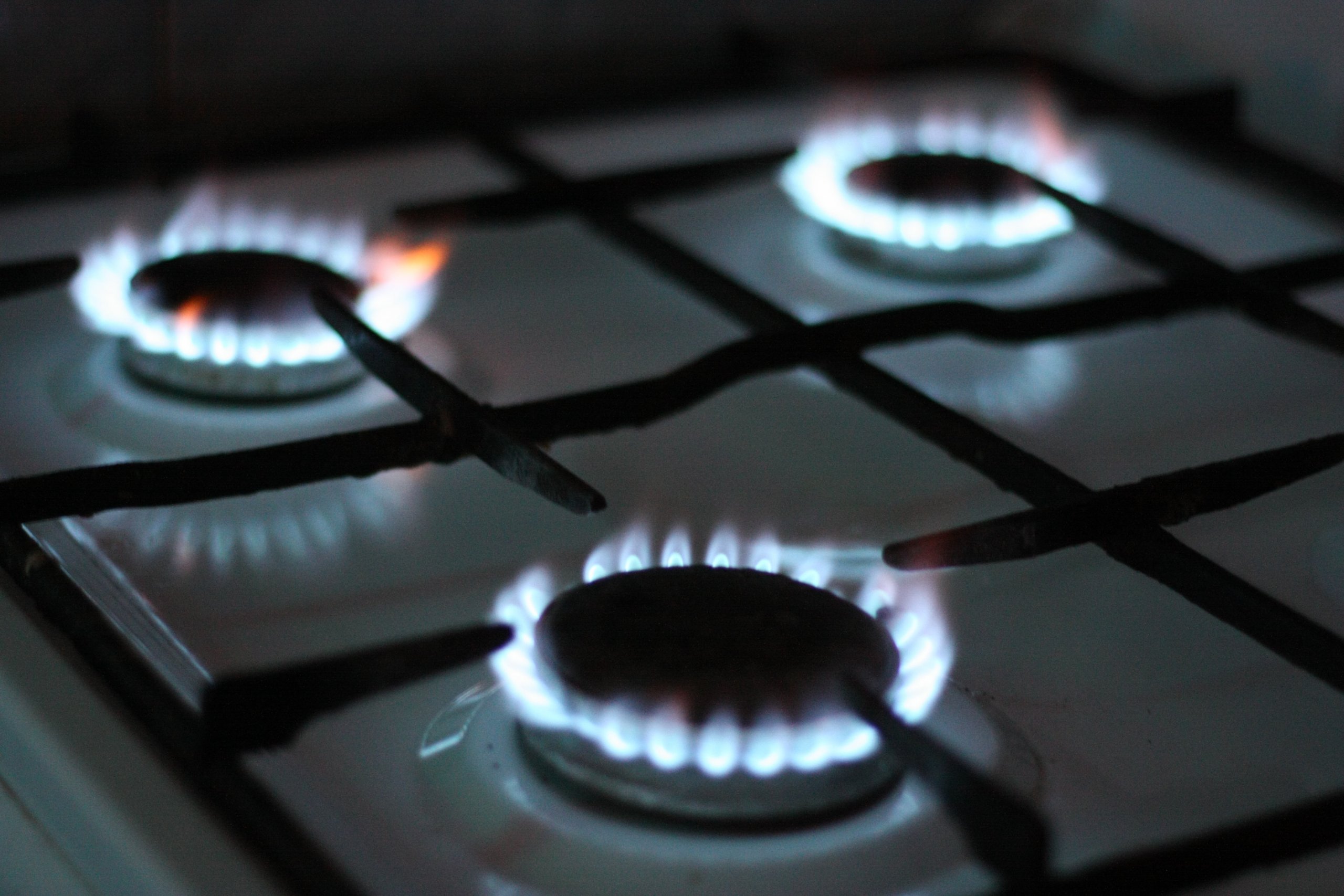If you’re a homeowner, then you know that there are all sorts of things that can go wrong with your house. One of the scariest possibilities is an electrical fire that can spread as quickly as 30 seconds. While they can be frightening, it’s important to understand what causes them and how to prevent them from happening. In this blog post, we’ll take a look at what causes an electrical fire and some tips for preventing them.
What Is An Electrical Fire?
An electrical fire is a Class C fire which is a fire that is started by energized electrical equipment or parts such as outlets, wiring, controls, appliances, motors, and machinery.
The U.S. Fire Administration says that there are approximately 47,000 electrical fires each year. It’s important to be aware that most electrical fires happen between midnight and 8 a.m. During the year, electrical fires peak during the months of December through January.
What Are The Signs Of An Electrical Fire?
There are few signs to look out for with your electrical system that could be leading directly to a potential electrical fire.
- Old wiring is one of the most common hazards.
- Charred or discolored outlets or light switches.
- Circuit breakers keep tripping.
- Continuous electrical burning smell with hard-to-find source.
What Causes Electrical Fires?
We know an electrical fire is caused by electricity, and even if nothing is plugged in, an electrical fire can occur. Let’s look at some of the most common causes of electrical fires:
- Water: Water is a conductor of electricity. The fire risk is high if there is even a little bit of water in your outlets, light fixtures, or electrical wiring. Water can cause a short circuit or a spark that can then lead to an electrical fire. Make sure bathroom and kitchen outlets have GFCI (ground fault circuit interrupters) to prevent electrical fires caused by water.
- Kids and Pets: Kids and pets may unknowingly cause an electrical fire by chewing on electrical cords, knocking over water onto electrical parts, or laying on extension cords.
- Extension Cords and Power Strips: If extension cords and power strips are used improperly, they can overheat and cause an electrical fire. Make sure extension cords and power strips are not damaged. Using too many extension cords and power strips can cause overloaded circuits which can cause your circuit breaker to trip frequently.
- Damaged Wires and Cords: Check your wires and cords for any kinks, frays, or burn marks. Make sure to check all charging cords for your devices. These hazards can cause an electrical fire.
- Dead Batteries in Smoke Detectors: While dead batteries in smoke detectors don’t directly cause a fire, we at SafeStreets thought it important to note that working smoke detectors can greatly reduce damage and death from an electrical fire.
How Do I Put Out An Electrical Fire?
Make sure the electrical fire is still small enough to put it out, otherwise, get everyone out of the house immediately and call 911. There are a few things you should and shouldn’t do in order to extinguish an electrical fire. Let’s take a look:
What TO Do:
- Unplug or turn off the power supply if possible.
- Smother the fire from the oxygen source. You can use sodium bicarbonate (baking soda), a fire blanket, or a Class C fire extinguisher.
What NOT To Do:
- Do not use water to put out an electrical fire! As mentioned above, using water on an electrical fire will make it worse and could cause electrocution.
- Do not use flour when smothering a fire. The white powder that is used to smother a fire is baking soda, not flour.
How Can I Prevent Electrical Fires?
- Outlets: Make sure electrical outlets are fitted tight to the wall. Faulty electrical outlets are a common cause of electrical fires Consider installing smart plugs.
- Plugs: Don’t force plugs into electrical sockets. Make sure they are not smothered by beds or other furniture.
- Extension Cords: Only use extension cords temporarily. Avoid using an extension cord for heat-producing electrical appliances.
- Electrical Cords: Never use near water. Don’t cover with rugs or blankets.
- Bulbs: Make sure light bulb wattage matches the fixture recommendation. Consider using smart LED light bulbs.
- GFCI’s: Place this type of outlet in the kitchen, bathrooms, laundry room, workshop, basement, and garage.
- Smoke Detectors: Install smoke detectors, and check batteries every month.
Stay Safe With SafeStreets
Fires caused by an electrical failure are a serious risk for many homes, and they can be prevented by taking the right measures with electrical systems. We covered some things you can do to avoid an electrical fire in your home or business. Now is the time to take action. SafeStreets’ advanced smoke detectors can detect even the smallest of fires.
A SafeStreets professional will help you choose the right smart home products for your home. Our automation experts will also make sure your smart LED light bulbs, smart plugs, and especially smoke detectors are installed correctly and working to your specifications. Get a free quote today!

